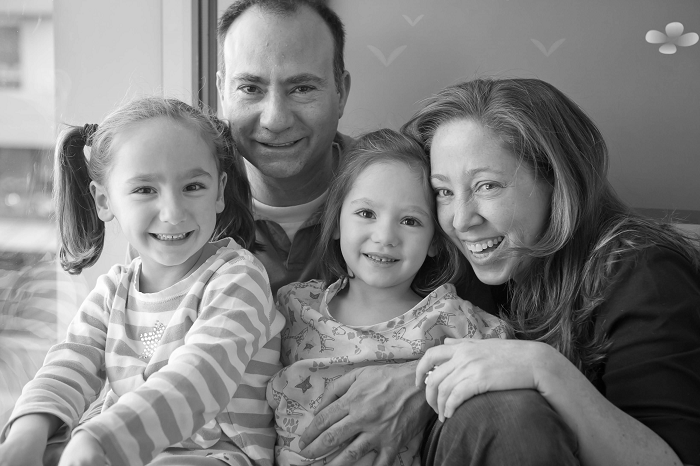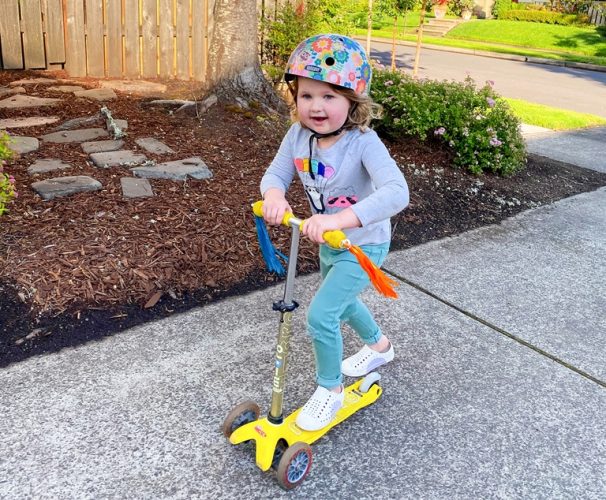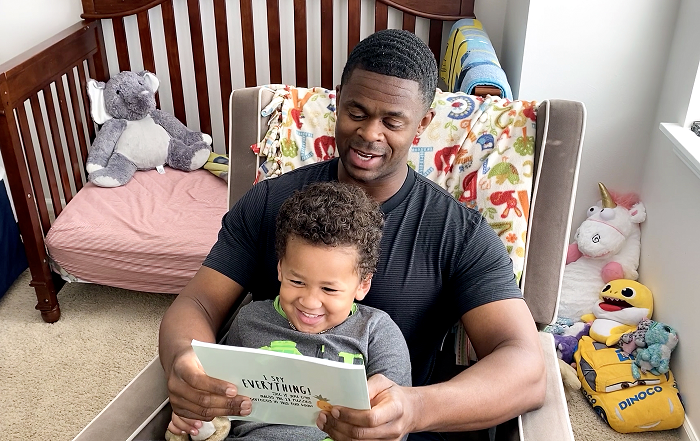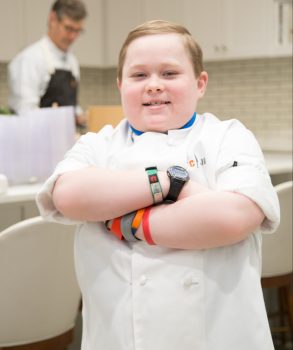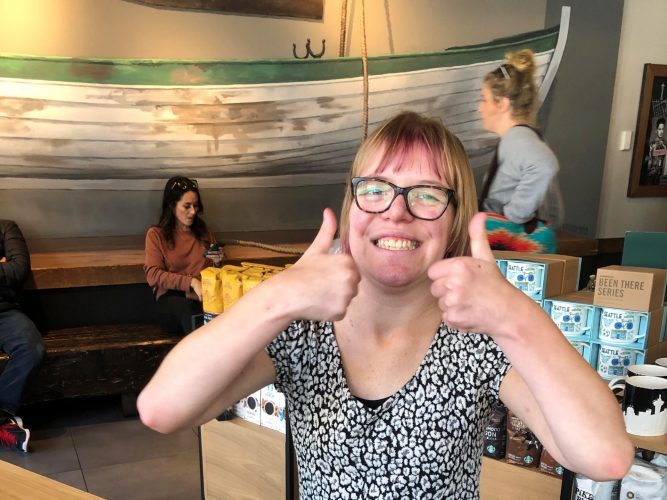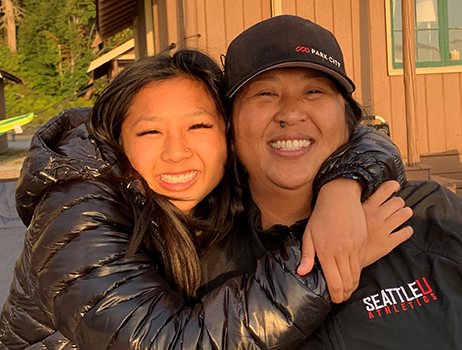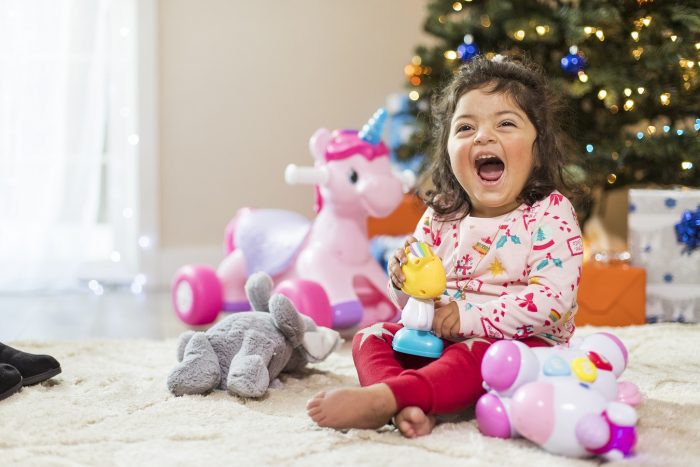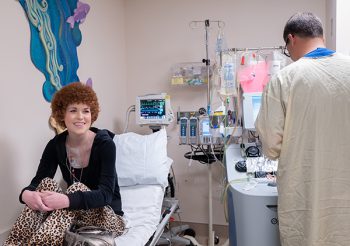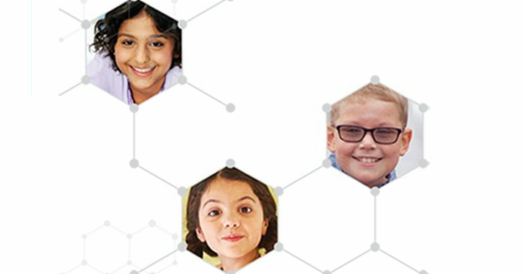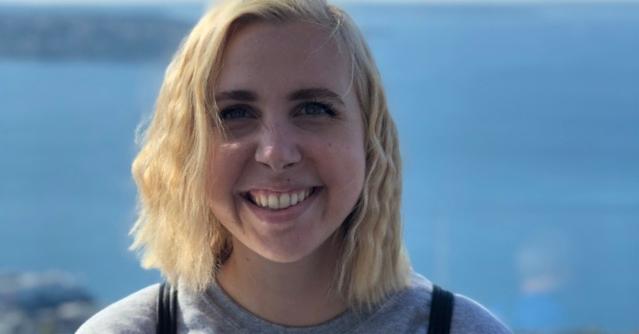Christine O’Connell knows the walls of Seattle Children’s all too well. In 2017, the O’Connell’s 3-year-old daughter Jane was diagnosed with stage IV Wilms, a pediatric kidney cancer. The cancer had spread to both of her lungs, lymph nodes and a vertebra in her spine. The months of chemotherapy, radiation and surgeries that changed their […]
In the fall of 2013, Maggie and Andy Oberhofer watched their tiny, 8-month old daughter, Greta, fight for her life in the Pediatric Intensive Care Unit (PICU) at Doernbecher Children’s Hospital in Portland, Oregon. Greta had just been through a bone marrow transplant to treat her highly aggressive leukemia. Shortly after, she took a turn […]
In many ways, my role as a father did not change after my 17-month old son, Isaac, was diagnosed with cancer. Everyone faces adversity in their lives. Did I think ours would be this? Heck no. Did I want it to be this? This is the last thing I wanted. Take me before you take […]
After winning the Food Network’s Chopped Jr. reality TV cooking competition, Fuller Goldsmith, 16, was well on his way to achieving his dreams of becoming a professional chef. It was a future that was soon in jeopardy when life for the aspiring chef took an uncertain, but all too familiar turn. In late 2018, Fuller […]
Grace Carney was 16 years old when she first began falling. Before long, she was falling every day. It got so bad that she had to rely on other people — family members at home and aides at school — to help her walk. For Grace, this was the latest in a lifetime of medical […]
“You pay the price for having cancer over and over again.” Mai Nguyen’s words are loaded with sorrow as she speaks about her 17-year-old daughter, Taylor Tran, who is dealing with fertility concerns more than a decade after she survived late-stage cancer. It’s easy to understand the exasperation Nguyen feels: Her daughter was diagnosed with […]
From the first time Daisy Martinez heard the thumping of her baby’s heartbeat, she was in love. She always wanted to be a mother and hoped for a baby girl. She even had a name picked out: Aliyanna. When doctors confirmed Martinez was having a baby girl, she was elated. Unfortunately, her joy was short-lived. […]
Chimeric antigen receptor (CAR) T-cell immunotherapy, which reprograms a child’s white blood cells so they can seek out and destroy cancer cells, is making a difference in children’s lives. Currently, Seattle Children’s has multiple trials open that could benefit children and young adults with relapsed or refractory cancers. In October, Seattle Children’s opened a new […]
Seattle Children’s will embark on a groundbreaking clinical trial that will potentially transform treatment methods for children with relapsed acute pediatric leukemia. In collaboration with The Leukemia & Lymphoma Society (LLS), Dr. Todd Cooper, an oncologist and director of the Seattle Children’s High-Risk Leukemia Program, is part of a team leading the effort to launch […]
Grace Blanchard was just three weeks away from graduating from college when she began feeling like something was off. “It started with my handwriting,” Blanchard said. “I had always felt like I had good handwriting, so it was strange that it all of a sudden became messy, slanted and unreadable.” Then there was the slurred […]

